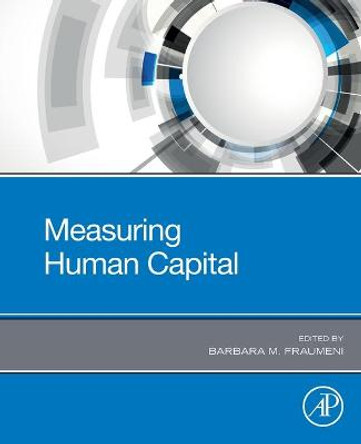Of the articles in this volume, eight concern a world-famous author (FranAois Rabelais); the others are studies of little-known authors (Cortesi, Corrozet, Mercier) or genres (the joke, the apophthegm). The common theme, in all but one, is humour: how it was defined, and how used, by orators and humanists but also by court jesters, princes, peasants and housewives. Though neglected by historians, this subject was of crucial importance to writers as different as Luther, Erasmus, Thomas More and FranAois Rabelais. The book is divided into four sections. 'Humanist Wit' concerns the large and multi-lingual corpus of Renaissance facetiae. The second and third parts focus on French humanist humour, Rabelais in particular, while the last section is titled '"Serious" Humanists' because humour is by no means absent from it. For the Renaissance, as Erasmus and Rabelais amply demonstrate, and as the 'minor' authors studied here confirm, wit, whether affectionate or bitingly satirical, can coexist with, and indeed be inseparable from, serious purpose. Rabelais, as so often, said it best: 'Rire est le propre de l'homme.'
About the AuthorBarbara C. Bowen is Professor of French, Emerita, at Vanderbilt University, USA.
Reviews'... the volume is a further tribute to a scholar the breadth and depth of whose researches have long been an example to us all.' Renaissance Studies 'The main reason for scholarly neglect of old jokes is presumably that they are no longer funny, but Bowen reminds us by both precept and example that this does not make them any the less interesting.' Sixteenth Century Journal
Book InformationISBN 9781138375642
Author Barbara C. BowenFormat Paperback
Page Count 314
Imprint RoutledgePublisher Taylor & Francis Ltd
Weight(grams) 589g







